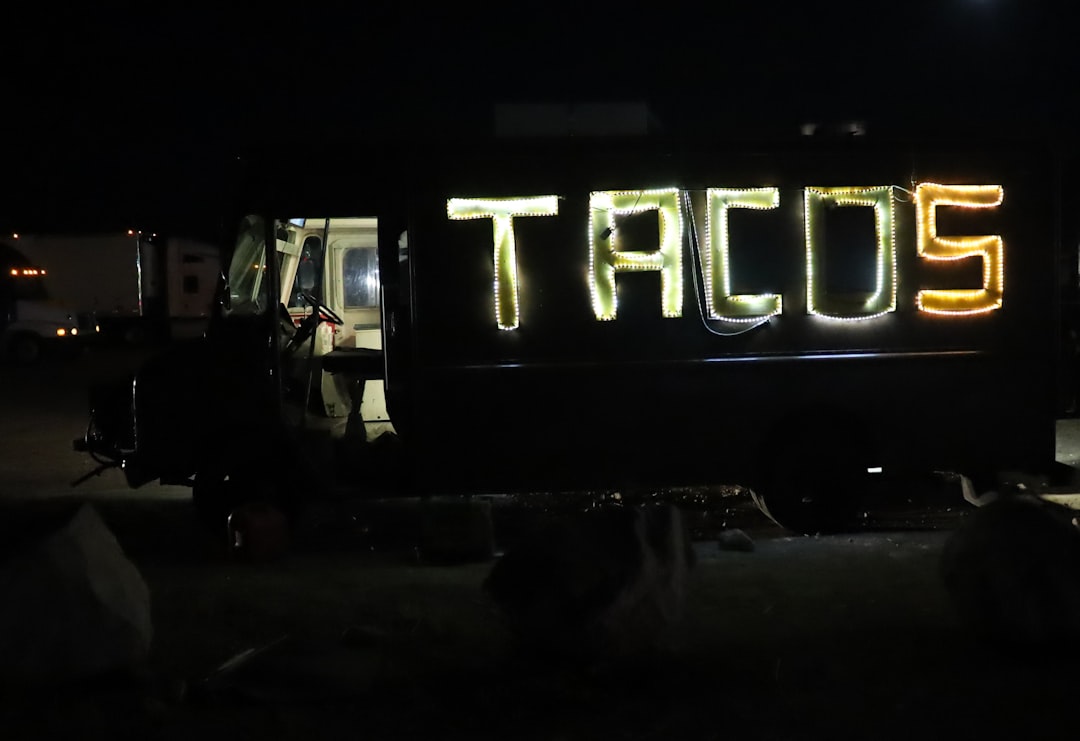Nevada's strict No Call Laws aim to protect residents from unwanted political phone solicitations, preserving privacy and shaping more thoughtful campaign strategies. By restricting calls unless consented to, these laws have encouraged campaigns to adopt personalized outreach methods like targeted mailers, social media engagement, and community events. This shift benefits both voters and campaigns by fostering trust, enhancing democratic participation, and allowing candidates to better understand key demographics through increased investment in data analytics.
“Nevada’s ‘No Call’ laws, designed to protect residents from unwanted phone solicitations, significantly influence political campaigning strategies. This article delves into how these regulations impact voter engagement and shapes political interactions in the Silver State. We explore the adaptations required by campaigns to navigate these laws effectively, considering their effects on outreach methods and public interaction. By understanding Nevada’s No Call Laws, politicians can better engage voters, ensuring compliance and a more inclusive democratic process.”
Understanding Nevada's No Call Laws: A Summary

Nevada’s No Call Laws are designed to protect residents from unwanted phone solicitations, especially during political campaigns. These laws restrict calls from political organizations and candidates unless specifically consented to by the recipient. The primary goal is to reduce annoyance and intrusiveness, ensuring Nevadans have control over their communication channels.
Under these regulations, political campaigns must obtain explicit permission before dialing residents’ numbers. This means that automated or recorded messages are only permitted if the caller has secured prior consent, usually through a signed opt-in form or an online registration. Compliance is crucial to avoid penalties and maintain the integrity of the electoral process by respecting individual privacy rights.
The Impact on Political Campaigning Strategies

In Nevada, where No Call Laws are strictly enforced, political campaigns have had to adapt their strategies significantly. These laws restrict the timing and frequency of phone calls from campaign staff, aiming to reduce unwanted solicitation and protect residents’ privacy. As a result, candidates and their teams now focus more on personalized outreach through targeted mailers, social media engagement, and in-person events to connect with potential voters.
This shift has led to an evolution in digital campaigning strategies, with increased investment in data analytics to identify key demographics and tailor messages accordingly. Additionally, the emphasis on local community events allows for face-to-face interactions, fostering a deeper connection with voters while adhering to No Call Laws. Such adjustments reflect a broader trend where Nevada’s legislation influences political campaigning dynamics, encouraging more thoughtful, less intrusive approaches.
How These Laws Influence Voter Engagement

In Nevada, No Call Laws have significantly altered how political campaigns engage with potential voters. These laws restrict unsolicited phone calls from political organizations, aiming to protect residents from excessive campaigning contact. As a result, campaigns have had to adapt their strategies, focusing more on targeted, personalized outreach to maintain voter engagement. Instead of mass dialer scripts, politicians and volunteers now invest time in building relationships, addressing specific concerns, and fostering trust one-on-one or through digital channels.
The shift has led to more meaningful interactions between candidates and constituents. By cutting down on robocalls, campaigns encourage voters to initiate contact, signaling a genuine interest in their platform. This dynamic benefits both parties—voters feel less overwhelmed and more likely to participate, while campaigns gain insights into the issues that truly matter to Nevada’s electorate.
Challenges and Adaptations for Campaigns in Nevada

Campaigns in Nevada face unique challenges due to the state’s strict No Call Laws. These laws restrict political telemarketing calls, aiming to protect residents from unwanted interruptions. For campaigns, this means adapting strategies to effectively reach voters without relying on traditional phone banking. One significant shift is an increased emphasis on digital and in-person outreach methods, such as social media advertising, door-to-door canvassing, and community events.
Candidate offices are now required to invest more time and resources into building robust digital databases of supporters and potential voters. They must also carefully plan and execute targeted direct mail campaigns and local community gatherings to engage with constituents. This transformation presents both opportunities and obstacles, as campaigns strive to conform to regulations while ensuring their messages reach the right audience during crucial election cycles.






